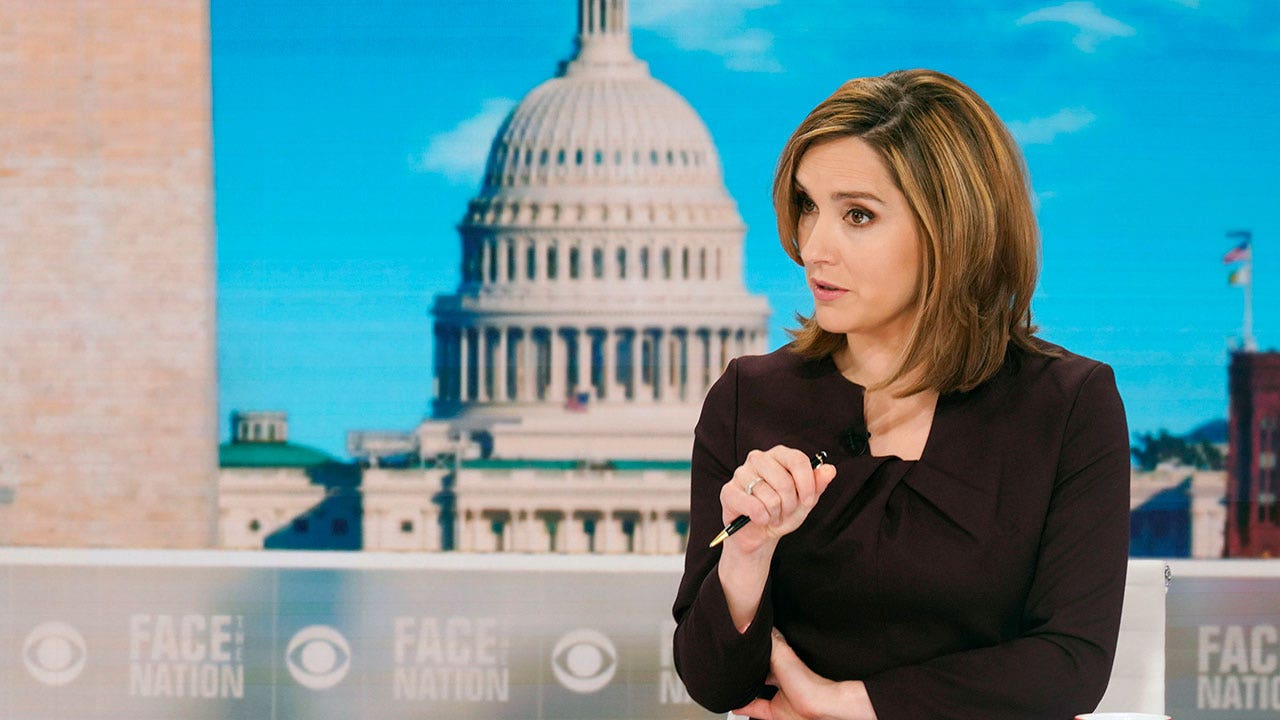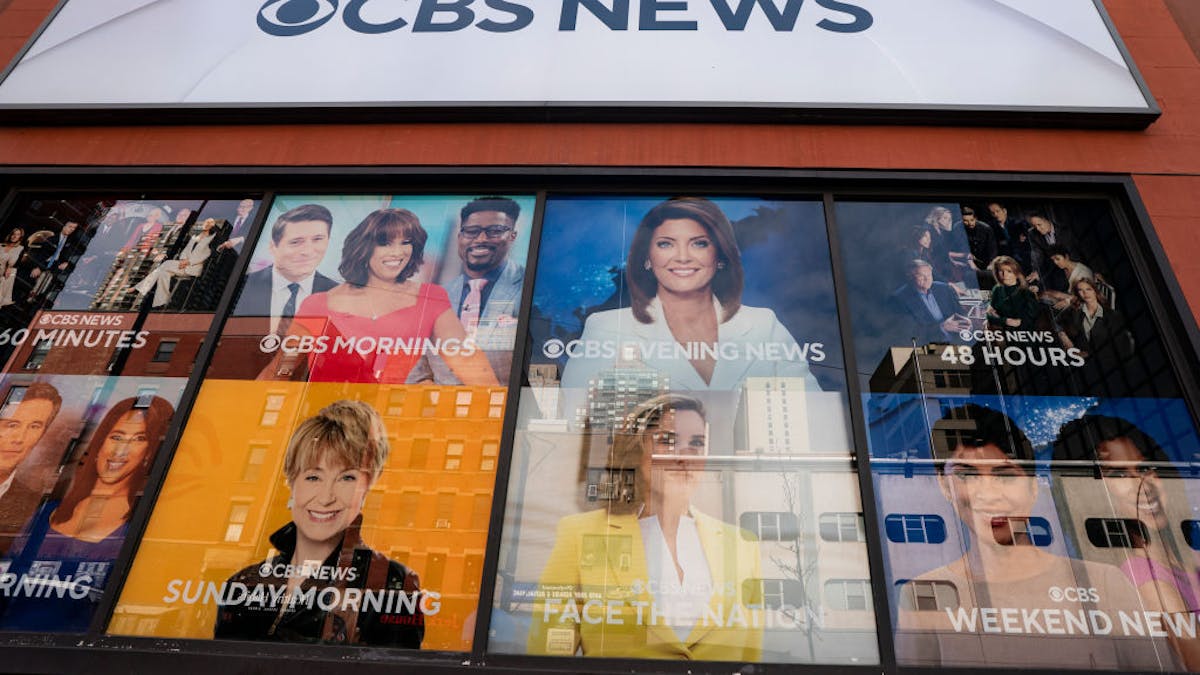CBS News' 'Face the Nation' Overhauls Interview Policy Amid Editing Controversies
CBS News' 'Face the Nation' now airs only live or live-to-tape interviews, banning editing. This policy shift follows Kristi Noem's misrepresentation claims and a settlement with President Trump.
Overview
- CBS News' 'Face the Nation' is implementing a new policy to broadcast only live or live-to-tape interviews, with rare exceptions for national security or legal reasons, effectively banning editing.
- This format change follows accusations from Kristi Noem, who claimed CBS edited her interview to misrepresent facts about an MS-13 gang member, sparking significant public backlash.
- CBS News initially defended its editing of Noem's interview, stating it met journalistic standards, before deciding on the comprehensive format overhaul to increase transparency.
- The network's decision to revamp 'Face the Nation's interview format also comes after a settlement with President Trump regarding deceptive editing practices, further influencing the policy change.
- This policy aims to address public feedback and pressure regarding interview integrity, though it raises concerns about potentially allowing unchecked falsehoods on air.
Report issue

Read both sides in 5 minutes each day
Analysis
Center-leaning sources cover the story neutrally by presenting a balanced account of CBS News's policy change. They detail Kristi Noem's complaints, CBS's stated reasons, and the broader context of the Paramount/Skydance merger and past controversies. The reporting avoids loaded language and attributes all opinions to their sources, providing a comprehensive and objective overview.
Articles (7)
Center (3)
FAQ
CBS News changed the interview policy on 'Face the Nation' following complaints from Homeland Security Secretary Kristi Noem, who accused the network of editing her interview to misrepresent facts about a man mistakenly deported to El Salvador, which caused public backlash and prompted the network to shift to live or live-to-tape interviews for greater transparency.
CBS News initially defended the editing of Kristi Noem's interview, stating that their editing met established journalistic standards before later deciding to overhaul the interview format to address concerns about fairness and transparency.
Under the new policy, CBS News allows rare exceptions to the ban on editing interviews only for matters of national security or legal reasons.
CBS News' settlement with President Trump over deceptive editing practices contributed to the decision to revamp 'Face the Nation's interview format, reinforcing the network's move toward eliminating editing except in specific cases.
The policy, while aimed at increasing transparency and addressing public trust, raises concerns that it may allow unchecked falsehoods to be aired since there is minimal opportunity to correct misleading or inaccurate statements before broadcast.
History
- 2M

 3 articles
3 articles




